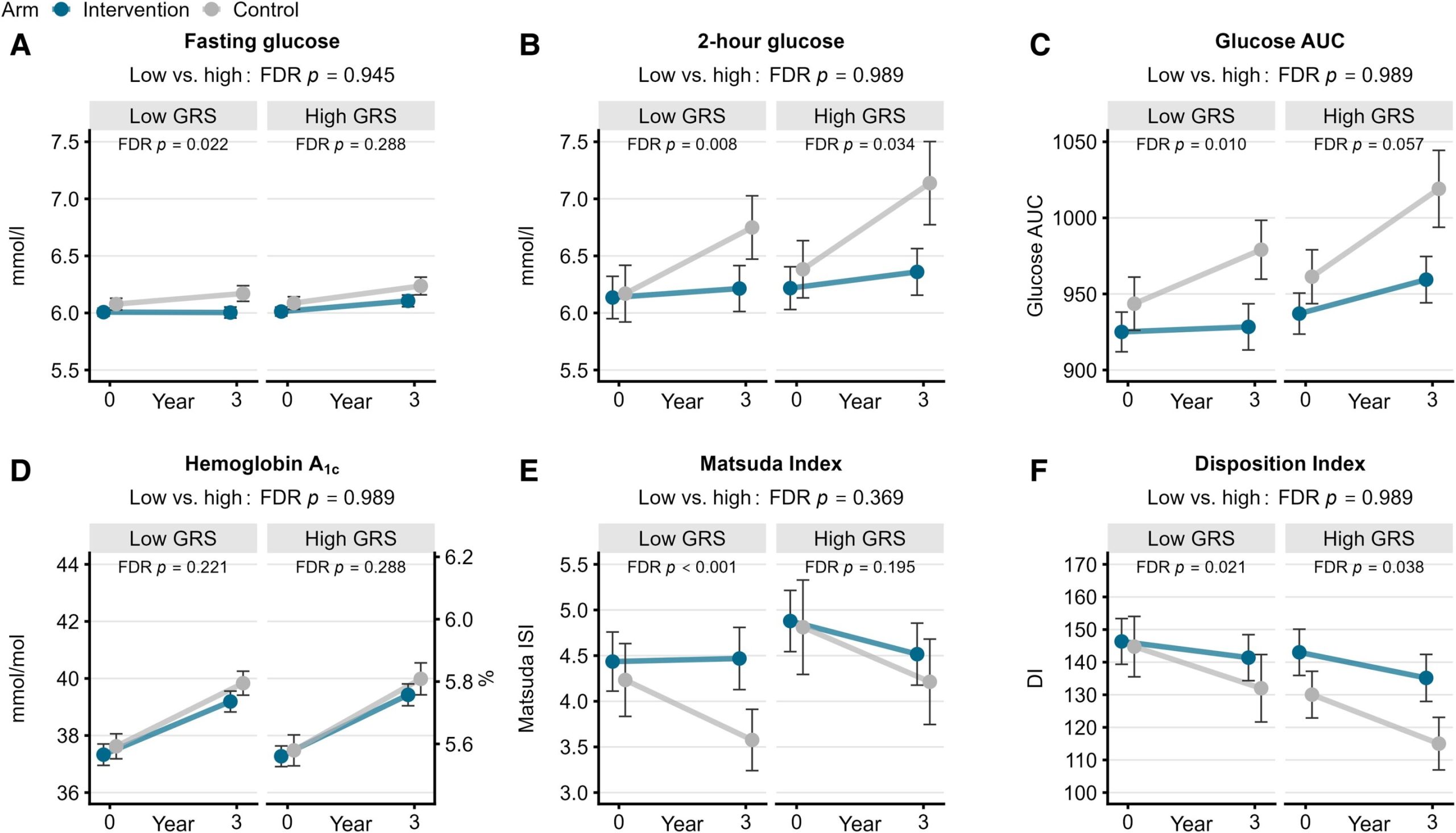
There has been concern that common diabetes drugs could increase the risk of suicide and self-harm. In a new study, led by researchers at Karolinska Institutet and published in JAMA Internal Medicine, no such risk increase was observed.
Drugs of the type GLP-1 analogs lower blood sugar levels and are used by millions of people worldwide. They are mainly used to treat diabetes, but drugs such as Ozempic have also been shown to be effective against obesity, which has increased their popularity.
At the same time, both American and European drug authorities have warned that there may be risks associated with the drugs.
Last year, the European Medicines Agency (EMA) launched an investigation following around 150 reported possible cases of suicidal thoughts and self-injury with use of GLP-1 analogs.
The investigation was completed in the spring and based on the limited data available at the time, it concluded that there were no obvious connections. Researchers at Karolinska Institutet can now further support this conclusion. They have analyzed large amounts of data from people treated with GLP-1 analogs in Sweden and Denmark .
“We found no clear link between the use of the drugs and an increased risk of suicide death, self-harm or depression and anxiety-related disorders. This is reassuring,” says Björn Pasternak, principal researcher at the Department of Medicine, Solna, Karolinska Institutet, and one of the study’s lead authors.
The data includes approximately 300,000 adults aged 18–84 who started treatment with either GLP-1 analogs or SGLT2 inhibitors, another type of diabetes medication, during the years 2013–2021.
After a mean follow-up period of just over two years, there was no apparent increase in the proportion of people who committed suicide, engaged in self-harm, or suffered from depression or anxiety-related disorders among users of GLP-1 receptor agonists.
Peter Ueda, assistant professor at the same department and one of the study’s main authors, nevertheless emphasizes the importance of larger studies as more data is collected.
“It is important to specifically examine people with previous self-harm or suicidal thoughts as they are at increased risk and it is possible that the drug‘s safety profile differs in this group,” he says.
More information:
Ueda, P. et al. GLP-1 receptor agonists and risk of suicide death: nationwide cohort study in Sweden and Denmark, JAMA Internal Medicine (2024). DOI: 10.1001/jamainternmed.2024.4369
Citation:
No link found between popular diabetes medication and suicide (2024, September 3)
retrieved 13 September 2024
from https://medicalxpress.com/news/2024-09-link-popular-diabetes-medication-suicide.html
This document is subject to copyright. Apart from any fair dealing for the purpose of private study or research, no
part may be reproduced without the written permission. The content is provided for information purposes only.


